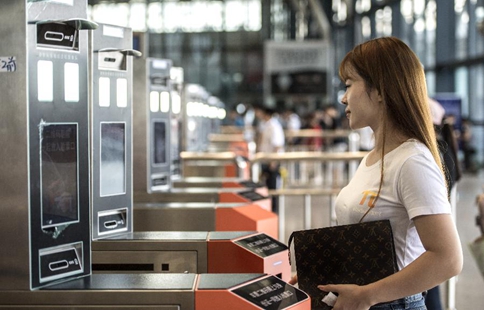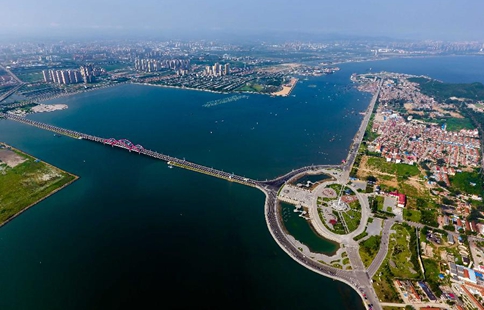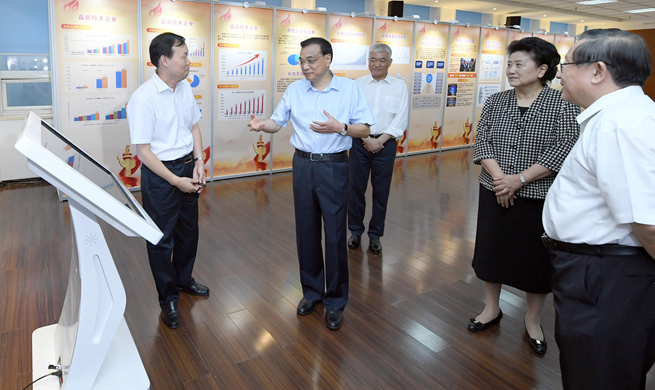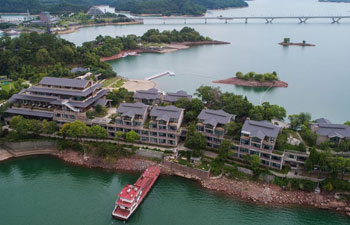BANDAR SERI BEGAWAN, Aug. 22 (Xinhua) -- Dementia is becoming an increasing public health concern in Brunei Darussalam, health officials said.
According to the Asia-Pacific Region report of Alzheimer's Disease International (ADI) in 2015, there are about 2,000 people living with dementia in the 400,000-population sultanate, local media reported on Tuesday.
Most of these cases are undiagnosed, said Dr. Hazri, deputy permanent secretary (Policy) at Brunei's Ministry of Health, during the Dementia Care Skills Course held in the capital on Monday.
Dementia is an umbrella term for a group of terminal conditions that progressively diminish brain function. Symptoms include increasing memory loss, confusion, and difficulties with speaking and understanding. Alzheimer's is the most common type of dementia, accounting for nearly two thirds of cases. Other types include vascular dementia and mixed dementia.
Dementia is one of the major causes of disability and dependency in older people worldwide. It is not a normal part of ageing and has physical, psychological, social and economic impact, not only to the person who has it but also on their carers, families and society, Dr. Hazri said.
"There is often lack of awareness and understanding of dementia, so it is usually unrecognized, leading to late diagnosis. In the ASEAN region, Brunei is predicted to have the third highest proportion of older people by 2040 (behind Thailand and Singapore)," he said.
"There is also a concern with the rate of non-communicable diseases such as obesity, hypertension, diabetes and renal disorders."
"These two factors will likely contribute to an increased prevalence of dementia in the near future," he added.

















